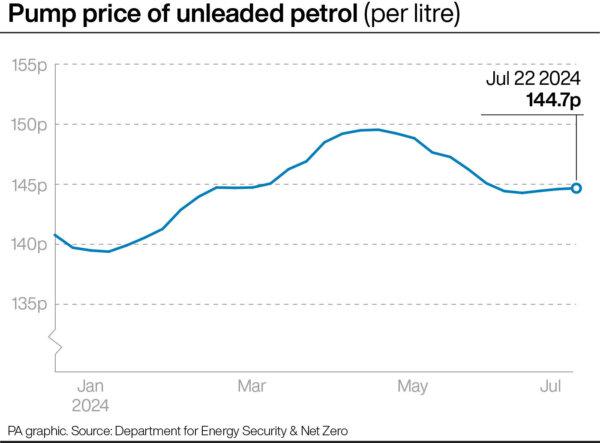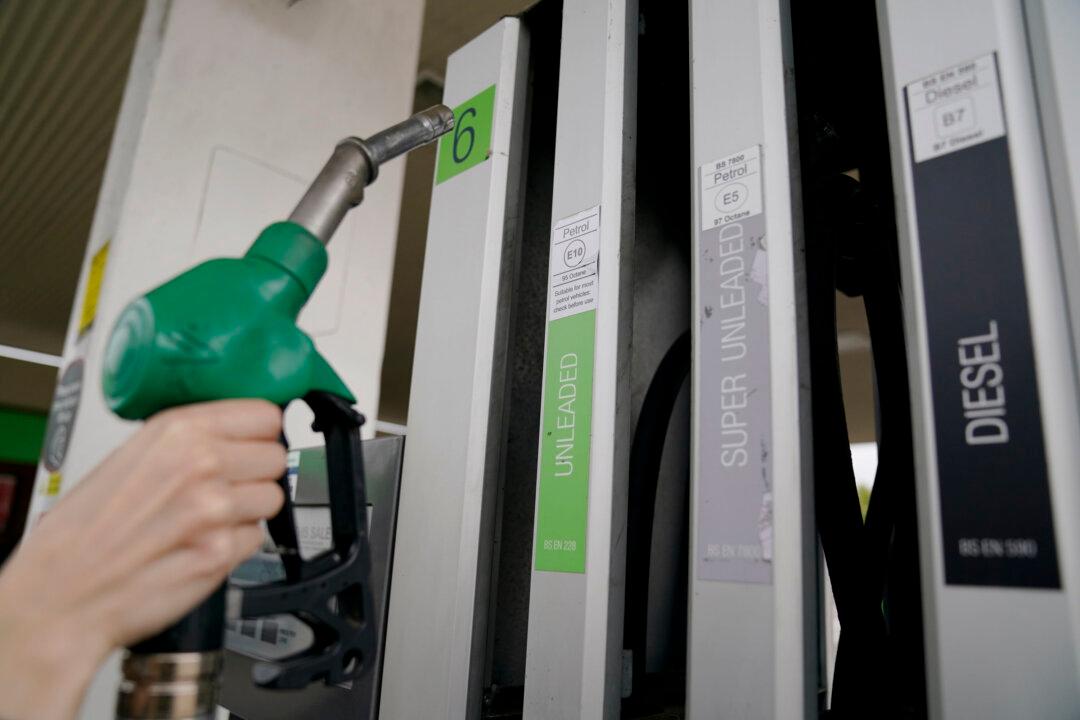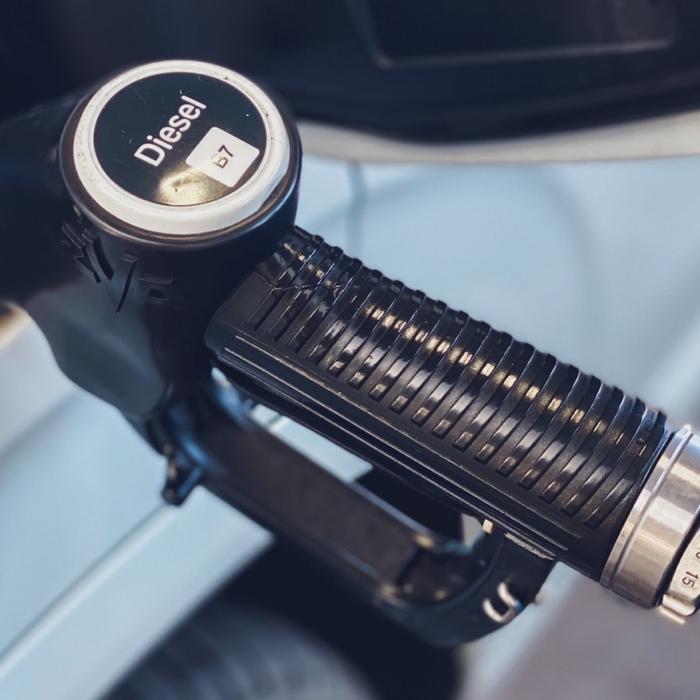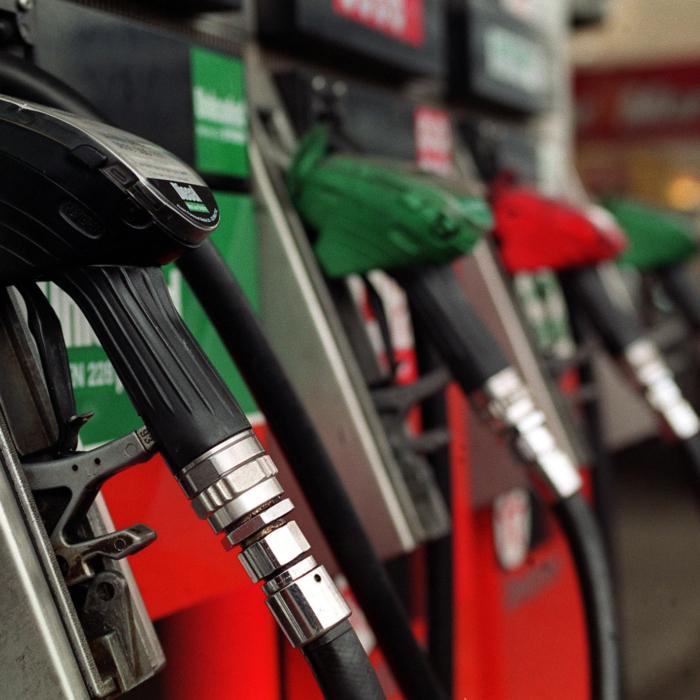Drivers in Britain are still paying too much for fuel, with retail margins “significantly above historic levels,” the Competition and Markets Authority (CMA) said on Friday.
The update came a year after the watchdog published the final report of its road fuel market study and called for a mandatory fuel finder scheme so drivers can have instant access to prices, and a monitoring body to police fuel prices.
The CMA will take on the role of the monitoring body, but legislation for a fuel finder scheme was not completed before the general election.
In its interim update published on Friday, the CMA said while there has been some volatility in recent months, “the general picture is one of sustained higher road fuel prices and margins compared to historic levels.”
In the four months to June, petrol retail spreads—the difference between fuel prices at the pump and the total of fuel duty, VAT, estimated wholesale costs, and the costs of biofuel—averaged 12.62 pence per litre (ppl) more than double the average of 6.51 ppl over 2015–19, the CMA said.
During the same period, diesel retail spreads averaged 17.91 ppl, also more than double the average of 8.61 ppl over 2015–19.
According to the CMA, supermarkets’ fuel margins are little-changed from what they were a year ago, while non-supermarket fuel margins are slightly lower.
The watchdog estimates that the total cost to all drivers from the increase in retail fuel margins since 2019 was over £1.6 billion in 2023 alone.
Increased margin also leads to higher VAT on fuel, which is 20 percent of all costs combined, including wholesale price, distribution cost, retailer margin, and fuel duty.
The CMA noted that its report didn’t take into account developments in operating costs, which retailers say have continued to rise, but it also noted that operating costs have not found to be a driver in increases in average fuel margins for large retailers.
The watchdog said it expects to reassess this when it takes on its new permanent monitoring function with compulsory information-gathering powers.
Last year, the CMA recommended a mandatory fuel finder scheme which would make it compulsory for retailers to make their prices available in real time so that drivers can access them via satellite navigation or map apps.
Before new legislation can be passed, the CMA has created a temporary voluntary scheme where retailers can provide information on prices.
The watchdog said the scheme only covers around 40 percent of retailers and “falls well short of the comprehensive, real-time, station-by station data needed to empower motorists and drive competition.”

Sarah Cardell, chief executive of the CMA, called on the government to legislate for a real-time fuel finder scheme “to kick-start competition among retailers.”
“This will put the power in the hands of drivers who can compare fuel prices wherever they are, sparking greater competition,” she said.
Commenting on the report, the RAC motoring group said drivers feel “ripped off” by fuel retailers.
Simon Williams, head of policy at the RAC, said: “To see that drivers have paid £1.6 billion more than they should have in the last year is nothing short of outrageous, especially when so many are dependent on their vehicles.
“Drivers have every right to feel ripped off, especially knowing there is virtually no market competition between retailers.”
The British Retail Consortium said supermarkets look to offer value overall across food and fuel.
Its Chief Executive Helen Dickinson said: “Supermarkets remain focused on delivering the best overall value for their customers across all products that they sell, including food and petrol.
“Retailers will continue to work closely with the CMA and provide the necessary data to allow consumers to find the best prices for petrol and diesel.”
According to the RAC, the average petrol price on Friday was 144.83 pence, including costs of 53.3 pence, retail margin of 13.46 pence, and around 78.1 pence in fuel duty, VAT, and green levies.
The average diesel price was 150.01 pence, including 56.5 pence in costs, 14.53 pence in retail margin, and around 78.98 pence in taxes.







